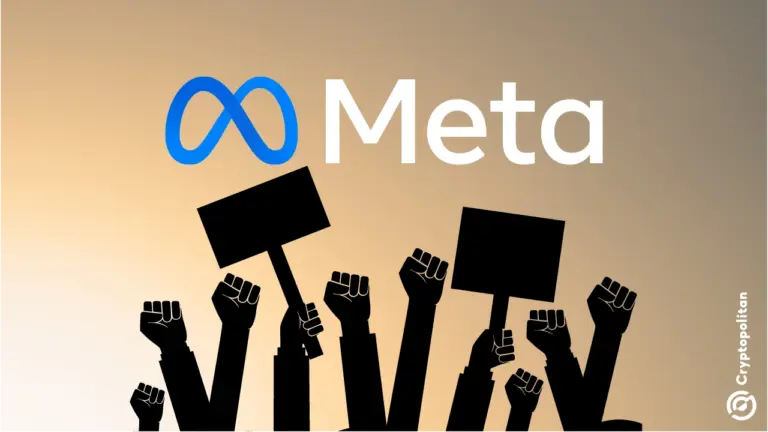Japan to Classify Bitcoin as Financial Product
Japan plans to classify Bitcoin and other cryptocurrencies as financial products, enhancing regulations and investor protection.Japan Recognizes Bitcoin as a Financial ProductImplications for Investors and InstitutionsJapan’s Role in Global Crypto Regulation
- Japan to recognize Bitcoin and crypto as financial products.
- Enhanced regulatory oversight to protect investors.
- Move expected to boost institutional investment in crypto.
Japan Recognizes Bitcoin as a Financial Product
Japan is set to classify Bitcoin and other cryptocurrencies as financial products, marking a significant shift in the country’s regulatory framework. According to a recent report by Nikkei, the move aims to strengthen investor protection and create a clearer regulatory environment for the growing crypto industry.
This decision aligns Japan with other major financial markets that are introducing stricter regulations for digital assets. By recognizing cryptocurrencies as financial products, Japan’s Financial Services Agency (FSA) will have greater authority to supervise exchanges and ensure compliance with financial laws.
Implications for Investors and Institutions
Classifying cryptocurrencies as financial products will offer additional protections for retail investors. Enhanced transparency, reporting standards, and stricter compliance measures will help mitigate fraudulent activities and market manipulation.
Institutional investors are also likely to benefit from the regulatory clarity. With a well-defined legal framework, large financial entities may feel more comfortable entering the crypto market , driving increased liquidity and stability.
Japan’s Role in Global Crypto Regulation
Japan has long been a leader in crypto regulation. Following the infamous Mt. Gox hack in 2014, the country implemented stringent rules for exchanges. This latest move underscores Japan’s commitment to balancing innovation with investor protection.
The global crypto community will be closely watching how Japan’s regulatory shift impacts market dynamics. As other countries consider similar moves, Japan’s proactive approach could serve as a model for establishing comprehensive crypto regulations.
Disclaimer: The content of this article solely reflects the author's opinion and does not represent the platform in any capacity. This article is not intended to serve as a reference for making investment decisions.
You may also like
Hackers are targeting Australia’s largest pension funds
Share link:In this post: Hackers targeted major Australian superannuation funds, stealing $500,000 from a few accounts and exposing personal data. Authorities and financial institutions are responding to the breach, urging members to check accounts and update passwords. Credential stuffing using stolen passwords is suspected in the attacks, prompting warnings to use unique logins and enable multifactor authentication.
Meta to end third-party fact-checking in U.S. on April 7
Share link:In this post: Meta will shut down its U.S. third-party fact-checking program on April 7, 2025, ending partnerships with groups like PolitiFact. It will be replaced by Community Notes, a system that lets users add context to posts without triggering penalties. Zuckerberg criticized the old system as biased and overly censorious, and said the change aims to support free speech. Meta is also relocating its moderation teams to Texas, a move some experts say is politically motivated.

Crypto Today: Altcoins Find New Buyers as Microsoft, Apple and Nvidia Lose $1 Trillion in 3 Days
Cardano Approaching First Death Cross: What’s Next for ADA Price?
